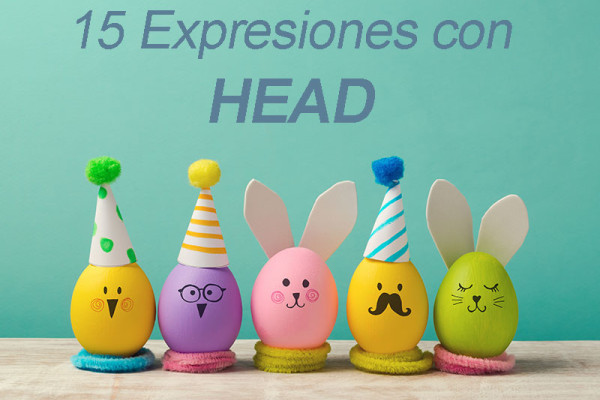Do you want to improve your listening in English?

When we want to learn English we know that we will have to learn a lot of words and that we will have to deal with the horrible but necessary grammatical part, since it is the one that will allow us to build sentences.
Even if we have a certain level of English, there is one aspect that is especially difficult for us: understanding a native English when he or she speaks.
Why is it so hard for us to understand them?
1. Unlike the listening exercises we can do in an English class, where they speak more slowly and the vocabulary is simple, a native English speaks faster and evidently with very colloquial expressions.
2. When the English speak, they pronounce the important words of the sentences with more emphasis; however, there are certain words (articles, auxiliary verbs...) that are pronounced with less intensity and therefore we do not fully understand the sentence. In addition, words are not pronounced by making pauses between each of them, which implies that each word affects the next and may slightly alter its pronunciation, this is known as "connected speech".
3. The vocabulary that we learn in a class, although necessary, is not often the one that an English person usually uses, since one thing is the standard vocabulary, the one used in the news for example, and another thing is the informal or colloquial language used in the street.
What can we do to improve our listening comprehension?
The answer is obvious, listen, listen and listen, but with criteria. Here are some tips:
1. Train your ear.
To learn a language our brain has to adapt to new sounds and words and for that we have to train. Our ears must get used to listening to English as much as possible. At the beginning it will be hard but you should not lose heart, this is a long-distance race.
It is preferable to dedicate a few minutes each day to English, rather than two hours only one day. Firstly, it will not be so tedious for us and secondly, the regularity of the exercise has more benefits in the long run.
Take advantage of those moments in which you do not carry out an active activity, for example in the underground, waiting in the dentist's surgery, while driving...
2. Put Peppa pig in your life.
I know that many of you will say that it is foolish to watch some cartoons for children, but if you see it from the perspective of learning, then it will make sense to you.
A lot of people start out in a big way, that is, watching movies in original version, but when you have a limited level of English or even an intermediate level, that is a tough task that often causes frustration.
You have to start with something that is short (between 5 and 10 minutes) and easy to understand, and that's where Peppa pig comes in. As it is a children's programme, the language is simple, with a lot of everyday vocabulary and the speaking speed is slower.
As we improve our listening comprehension, we can try TV series such as Friends, Modern family or The big bang theory. They last about 20 or 30 minutes and are easier to understand than an entire film.
3. Keep the important things.
We cannot expect to understand each and every word they say, but it is not necessary to do so either. The important words are grouped in three categories: nouns, verbs and adjectives, which a native English will give a greater emphasis and with that, we will be able to understand what they want to communicate to us.
4. Do not do two things at the same time.
By that we mean that, when we don't master English it is inevitable that when we speak to each other we are internally translating. By doing so, we are missing out on what the other person is still saying, so by the time we realize it, they have stopped speaking and we are still trying to translate and understand the first sentence.
This also applies when we watch a video or series in English and put subtitles in English or Spanish. If we concentrate on reading, we don't pay attention to what they say and therefore, instead of listening, we hear, which means that instead of having an active attitude, we have a passive attitude, something that doesn't encourage learning.
5. Enjoy the process.
We all know that we learn best if we have fun doing it, so look for things you are interested in: podcasts, talks, songs, how to fix a flat tyre, recipes, youtubers, crafts, news ..., there are plenty of options to choose from. In addition, youtube videos allow you to slow down the playback speed, so if we need them to speak more slowly we can do it.
Do not be discouraged if at first you understand almost nothing, insist, persevere and you will get it.
Artículos relacionados
1 comment
Mario Mancera Cortes
says:
Comment















